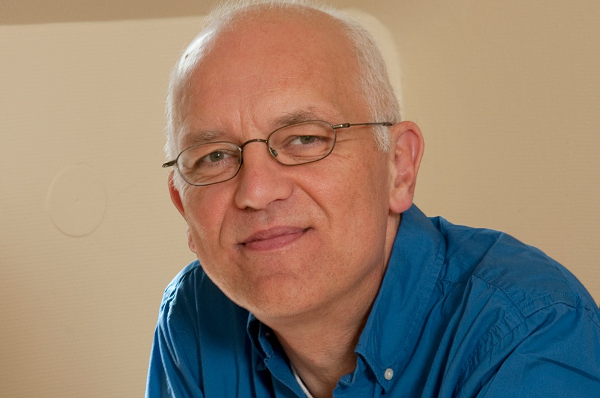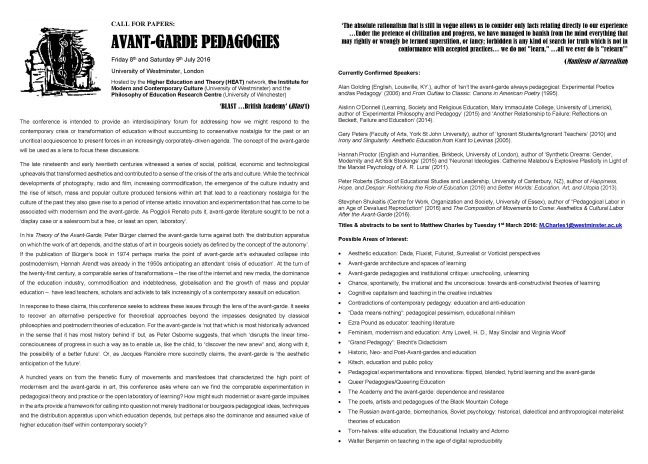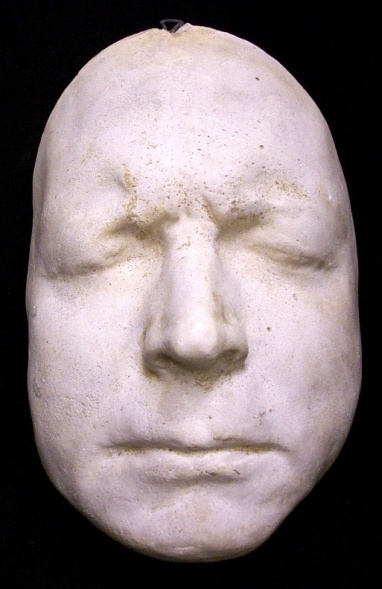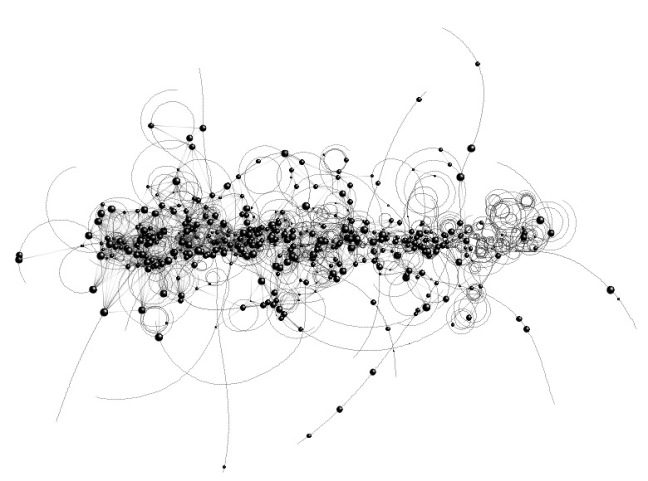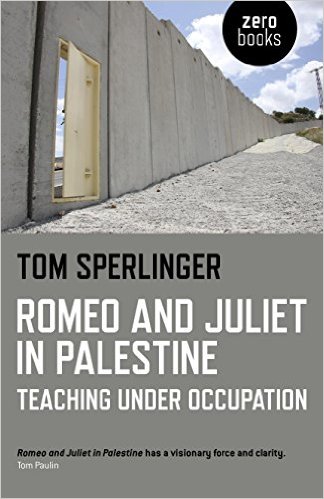The government’s Green Paper on HE, Fulfilling our Potential: Teaching Excellence, Social Mobility and Student Choice, has been published today, including more detailed proposal for the Teaching Excellence Framework (TEF):
This consultation contains proposals to reshape the higher education landscape to have students at its heart. Its core aims are to raise teaching standards, provide greater focus on graduate employability, widen participation in higher education, and open up the sector to new high-quality entrants.
This document sets out proposals for how the Government’s manifesto commitment to introduce a Teaching Excellence Framework will deliver better value for money for students, employers and taxpayers. It also sets out plans to drive social mobility by further increasing higher education participation by those from disadvantaged and underrepresented groups.
This consultation proposes a new single gateway for entry to the sector, which would create a common system for all providers. It sets out proposed new architecture for the higher education system, to reflect the way higher education is now funded by students, and to reduce the regulatory burden on the sector. Finally, this consultation considers the potential implications of these changes for the research landscape. (7)
Productivity
The background to much of these changes are tied to concerns about economic growth, since education and training is seen as a key driver to wider growth and because the effective repayment of tuition fees depends upon students entering higher-earning jobs, as I mentioned in my previous post about the TEF:
The TEF will be primarily linked to graduate employment figures because, according to theories of human capital, investment in education and training should lead to increased earnings and the ongoing expansion of higher education should therefore lead to economic growth. The increased amount of debt related to student loans that accompanies this expansion is a problem, however, so the government wants to encourage courses that lead to graduate employment because this should increase economic growth and reduce the student loan debt by improving repayment figures. Permitting a partial relaxation of the cap will also introduce greater variation in course fees and so open up more of a market between kinds of providers; linking this to employment figures justifies the return on investment for the student.
Hence, the first main section of Fulfilling our Potential is entitled ‘The Productivity Challenge’, which begins by claiming that “Increasing productivity is one of the country’s main economic challenges, and universities have a vital role to play” (10) and links to a government paper from the summer entitled Fixing the foundations: Creating a more prosperous nation.
Fixing the foundations claims a link between national productivity and living standards (equated with wages), such that “where average wages are above UK levels, productivity is also higher” (5). The causal relation between the two remains ambiguous here, an ambiguity repeated with the rhetorical suggestion that raising productivity will raise wages: “Raising annual trend growth by just 0.1% would mean the UK economy would be £35 billion larger in 2030 – the equivalent of approximately £1,100 extra for every household” (6).There is, obviously, a much more mediated relation between productivity and living standards, since productivity could increase without wages or living standards increasing if companies exploit their workers or public spending continues to be cut (France, for example, is more productive than the UK even though average wages are lower). Or wages and living standards might only increase for those being rewarded for increasing productivity in their workforce. Or, conversely, increases in productivity might be the effect of increases in wages and a better standard of living, so that the task of government would not be to increase productivity but primarily to increase living standards and wages. This would justify the government’s 2016 increase to the National Living Wage (which is included as point 9 in their framework for raising productivity, within the drivers entitled “A Dynamic Economy”), although other cuts, such as to Tax Credits, which will leave many working families worse off, contradict such a position.
In the other set of drivers to productivity listed as “Long Term Investment” is a section on Skills and Human Capital which connects these ideas on productivity back to HE. These sections of Fixing the foundations argues that:
The UK’s skills weaknesses – and failure to grow a serious system of respected employer-led professional and technical qualifications – are of such long standing, and such intractability, that only the most radical action can address them.
Many of the proposed changes will have an enormous impact on schools and FE, including changes to student qualifications, teaching training and pay in schools, an increase in compulsory apprenticeships (i.e. as an alternative to full-time education with the raising of the school leaving age to 18) closely connected to businesses, and the attack on funding for FE colleges. Those connected to HE from this July 2015 document are:
- removal of student numbers cap
- replacing maintenance grants with loans for new students from 2016-17 (repayment linked to income over £21k) and increase of maintenance loans to £8,200 a year (for those away from home and outside of London); consult on freezing repayment threshold at £21k for five years (i.e. students will have to pay back sooner if inflation rises, rather than allowing threshold to rise with inflation) and review the discount rate applied to student loans
- consult on allowing loans for MA and PhD degrees
- introduction of Teaching Excellence Framework, with successful institutions allowed to increase fees with inflation from 2017-8
- allowing of more new providers institutions, by speeding up route to degree awarding powers and permitting providers that don’t yet have such powers to nonetheless offer degrees independently of their affiliation with institutions that do
Fulfilling our Potential
In the Green Paper on HE just published, Fulfilling our Potential, the last two proposals about the TEF and new providers are interarticulated and fleshed out in more detail. The website WONKHE has some detailed analyses by David Kernohan and Andrew McGettigan on these two proposals, and McGettigan also discusses it here.
In terms of their interarticulation between the TEF and new providers, the TEF is envisioned as another mechanism to introduce more of a consumer market into the HE sector (and with it, more alternative providers), since – along with uncapped student numbers – it will allow some institutions to generate further income by attracting more students (based on published TEF results) and charging higher fees (since good TEF results will allow universities to increase fees in line with inflation), while “lower quality providers [will] withdraw… from the sector, leaving space for new entrants, and raising quality overall” (19).
A significant portion of Fulfilling our Potential focuses on the streamlining and speeding up alternative providers to acquire degree-awarding powers and university title status, and Andrew McGettigan discusses these in detail here.
Teaching Excellence Framework
To summarize the main points of the paper regarding the TEF:
- The government proposes merging different organisations regulating access, teaching funding, quality assurance and the TEF into a single body: OfS (Office for Students).
- Level 1 of the TEF will begin in 2016-7, and require institutions to meet existing QA standards in order to increase their maximum fees in line with inflation for up to three years, beginning in 2017-8.
- After that, institutions that wish to apply for Levels 2 or higher (up to Level 4) will need to be assessed and meet new – and as yet undecided – TEF metrics (with results published in spring 2017) to receive additional increases in fee caps and loan caps for three years from 2018-9.
- TEF assessment will gradually develop towards a rolling 5-year cycle (unlike the REF, which has a fixed assessment period), with institutions bearing the cost of submissions. Assessments will be based on evidence submitted (without inspection visits) made by a panel of academic experts in learning and teaching, student representatives, and employer/professional representatives (and eventually be disciplinary specific with experts from within the discipline, aggregated across disciplines to give an overall institutional award).
- Metrics supplied as evidence will be broken down and reported by disadvantaged backgrounds and under-represented groups and this information will be used in making TEF assessments.These will most likely focus on teaching quality (student engagement, satisfaction and curriculum design), learning environment (strategies for training and career progression), and student outcomes and learning gain (skills and career readiness), so retention/continuation data, student satisfaction from NSS scores, and employment/destination data are likely to feature heavily.
David Kernohan has argued that,
Not only will the TEF not do what it has been designed to do, not only will it add to institutional burdens and spawn new internal processes, not only will it generate endless questions and challenges for whoever in the Office for Students (OfS) is forced to run it, it will also not reward institutions or excellent teaching staff in any meaningful way.
He points out that the proposed use of QA standards to determine Level 1 status is problematic (some institutions won’t have access to results by the TEF Level 1 deadline and 96% of institutions that were reviewed in 2014 passed) and that the financial incentives for acquiring other TEF Levels are minuscule (the differentiated caps at each level cannot exceed “real terms” increases, suggesting below inflation increases of currently 0.8% for anything below the highest Level). As Andrew McGettigan concurs, “There’s not much incentive for universities to focus on teaching excellence” because “How will such a tiny reward compare to the administrative costs of submitting to the independent panel of TEF experts?” While it is tempting to imagine universities refusing to play the TEF game, it would also be disappointing to think a chance to improve and reward teaching might be overlooked. More likely, however, is that universities will none the less be compelled to enter and try to game the TEF, as they were with the REF, but not in relation to fee increases but increasing competition between institutes over student numbers, and this will nonetheless have little consequence for actual teaching excellence.
Of the joining together of access and quality assurance into one body, the claims that the TEF “should be contingent on having measures in place to facilitate the access and success of disadvantaged groups” linked to access agreements, and that “metrics in the TEF will be broken down and reported by disadvantaged backgrounds and under-represented groups …So the TEF will recognise those institutions that do the most to welcome and support students from a range of backgrounds” (22) are still too vague to be meaningful in any way.
As already mentioned, and as Andrew McGettigan in particular has pointed out, the TEF is closely linked to ideas about increasing productivity through investment in so-called human capital, whilst trying to reduce public spending and so ensuring students take on the cost themselves as loans and that enough of them enter graduate-level jobs to ensure they earn enough to repay those loans:
The aim is to improve the teaching that students receive, which in turn should increase their productivity and help them secure better jobs and careers. It should enable employers to make more informed choices about the graduates they recruit, providing better understanding of the range of skills and knowledge they bring from their course, and deliver graduates who are more work ready following an active engagement in their studies. With higher returns, more graduates will be able to pay back more of their loans, reducing the amount that needs to be subsidised by the taxpayer in the longer term. This is on top of the benefits to taxpayers from having a stronger economy powered by a higher skilled workforce. (21)
Since no actual inspections of teaching excellence will be taking place, it is therefore hard to imagine that data regarding employment (and particularly graduate-level employment) won’t play a significant role in TEF assessment, alongside student satisfaction surveys (perhaps more specifically focused on whether students feel they have acquired specific skills and capacities and feel ready for work). As Andrew McGettigan suggests, the old banding system for residual teaching grants is also likely to give way, so that “funding will increasingly follow the creditworthiness of institutions and individuals, rather than the costs of course delivery”. On this model of human capital, investment in education (grants and loans against fees) would be more closely linked to the potential return through higher wages.
Alongside that, however, is the proposal that institutions being assessed for higher TEF levels will be encouraged, but not required, to adopt or integrate a 13-point Grade Point Average in their degree classification system (along with some evidence about tackling grade inflation) to supposedly produce a great variation of classifications and better delineate the labour market. Any claims about grade inflation become highly contentious when linked to discussions of teaching excellence, since absurdly one of the ways of demonstrating teaching-excellence – if a version of this proposal is adopted – could be to show there are less students acquiring Firsts and Upper Seconds. An outcome of this would be to lower student satisfaction scores, which would then come into conflict with any attempt to make degree classifications more robust and more differentiated. Obviously, without measures to tackle grade inflation such a differentiated scale will eventually become meaningless.
Fulfilling our Potential also envisages the TEF as a mechanism for a “rebalancing of the pull between teaching and research” (12) and specifically mentions recognizing “the relationship and mutual benefits between teaching, scholarship and research” (32). Since this distortion was itself partly produced through the introduction of the Research Excellence Framework, which is generally perceived to be an inefficient and inaccurate way of ranking and rewarding research activity, and since the Green Paper insists this rebalancing “should not be at the expense of research, but through additional incentives to drive up teaching quality” (12), there is likely to be further implications either for a more stream-lined REF (anticipated in the Green Paper), for a greater separation between teaching and research activity in universities (despite the claims that, the TEF “should bring better balance to providers’ competing priorities, including stimulating greater linkages between teaching and research…” (20)), or simply for further demands on the workload of academic staff. Although it is unlikely that the TEF will assess or reward good teaching in any meaningful way, relying instead on data taken from already existing surveys, there is a chance that its focus on the institutional conditions and structures of what it calls learning environment (surely teaching environment, if the focus is incentivizing teaching excellence) could re-prioritize the anxiety and isolation regarding teaching – as opposed to research excellence – in universities (as discussed by Elaine Showalter). However, as David Kernohan writes:
the real missed opportunity is the entire lack of incentive for staff who teach. Though the REF has many flaws, the need to be “ref-able” is an important driver for many academics. The individual research can see her activity reflect in the success of their department or institution, and benefit (on occasion) from the increased availability of research funding. With TEF there is no link between individual teaching performance and the assessment of teaching excellence.


 “Poetic Ambition on the Semester System”: Ezra Pound’s Avant-Gardism and Teaching Institutions
“Poetic Ambition on the Semester System”: Ezra Pound’s Avant-Gardism and Teaching Institutions